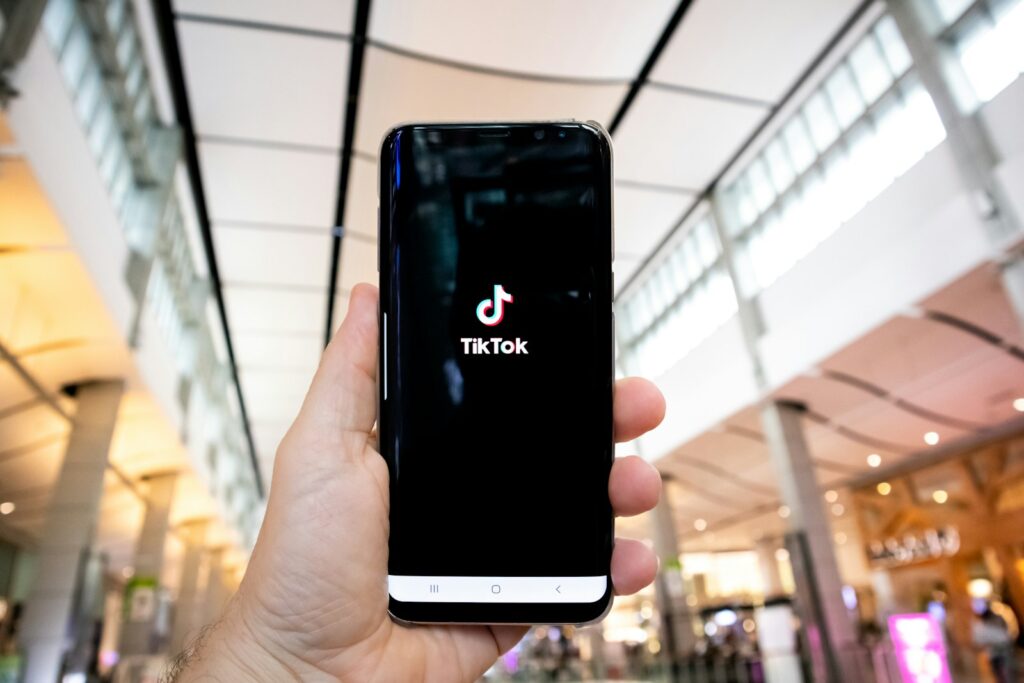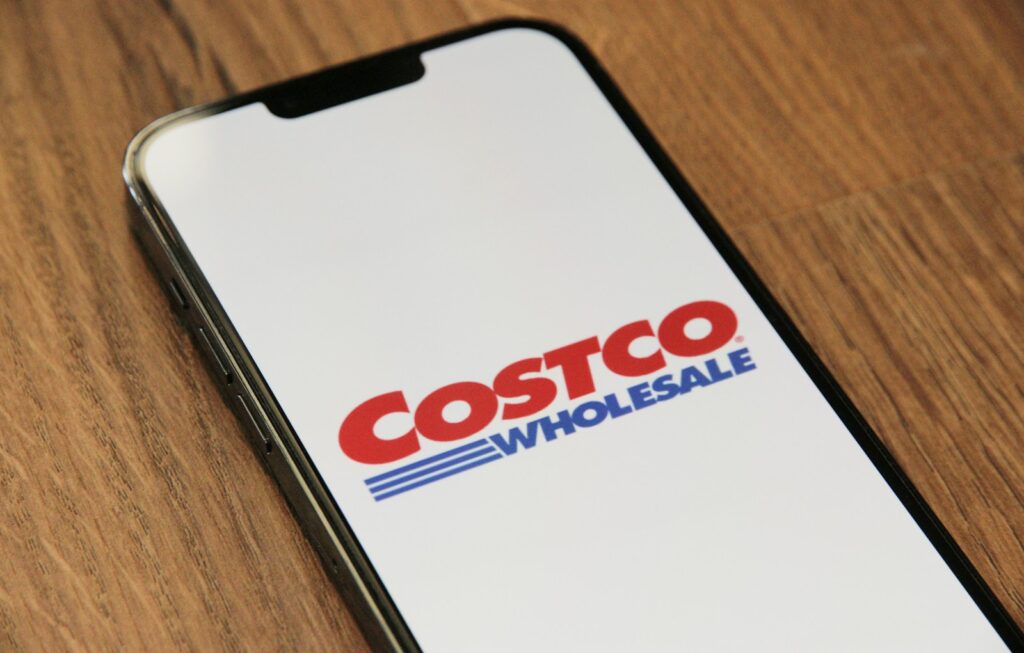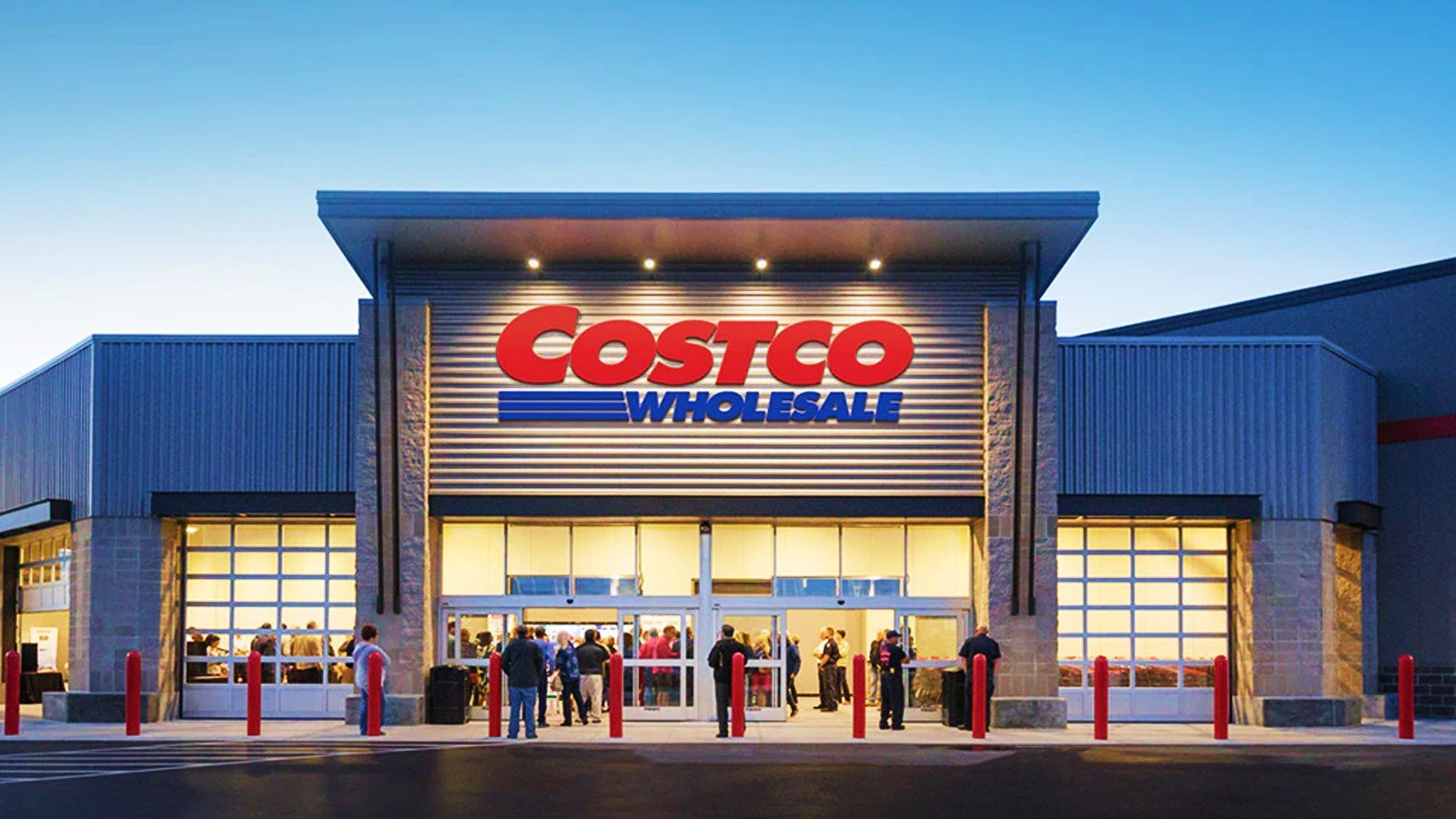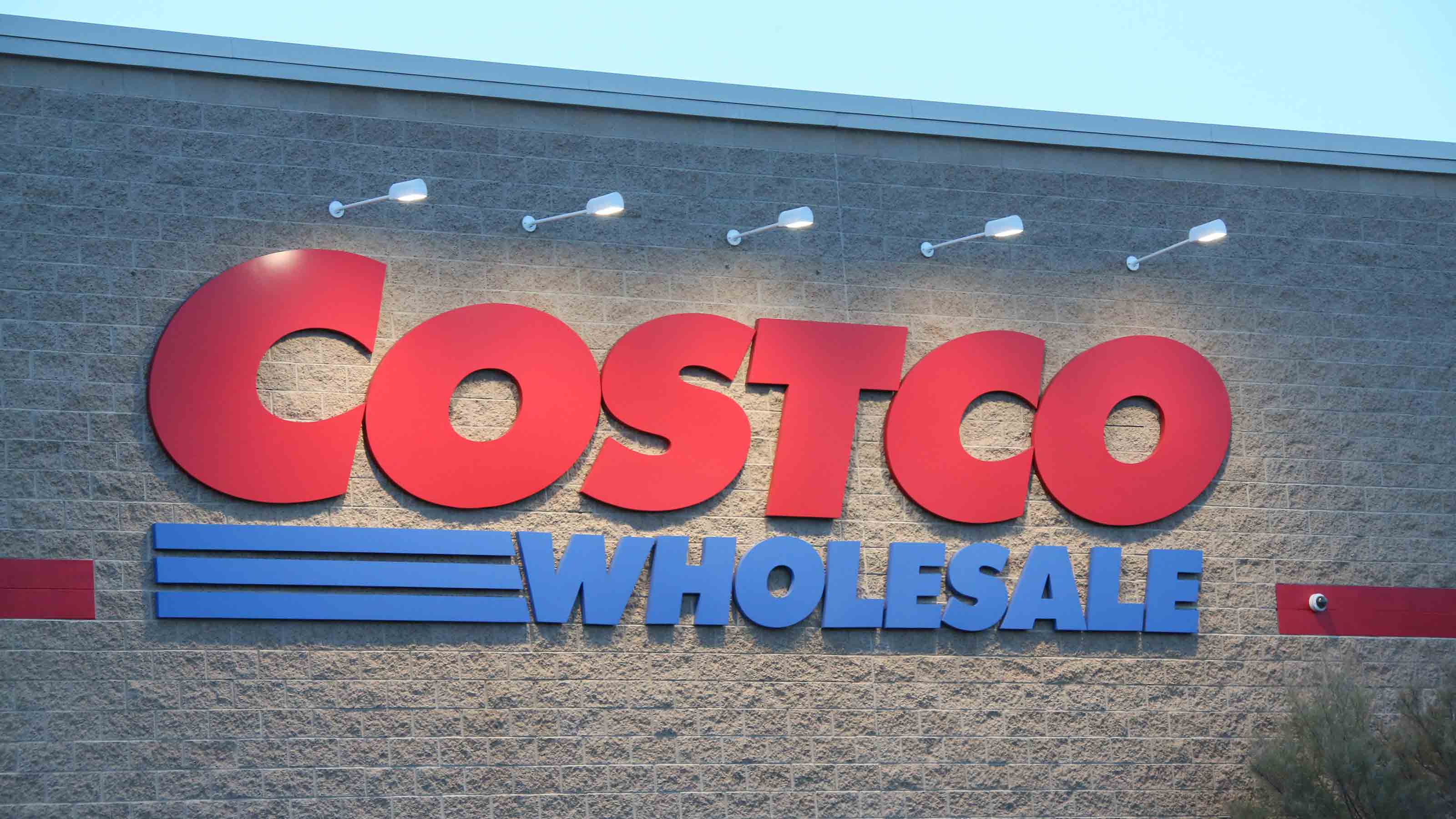
Costco Wholesale, the retail giant renowned for its bulk merchandise and member-only access, has recently become the focus of a widespread online discussion. At the heart of the issue lies the company’s strict enforcement of its membership policy, which led to an unexpected consequence for one shopper’s mother.
Costco’s business model has long depended on revenue generated from annual membership fees. These fees are instrumental in covering operational costs and enabling the retailer to maintain its competitive pricing structure. As a result, the company has established firm rules on who is permitted to shop, with particular emphasis on preventing unauthorized card usage.
In recent months, Costco has intensified efforts to uphold these regulations, especially at self-checkout lanes. This renewed scrutiny has brought national attention to a specific incident that quickly gained traction online. The story, which has resonated with millions of users, has sparked broader conversations about fairness, transparency, and the evolving expectations of consumers in a membership-based retail environment.

Viral TikTok Exposes Costco’s Strict Enforcement After Shopper’s Mother Is Banned
A recent surge of public attention surrounding Costco’s membership enforcement was triggered by a widely circulated TikTok video posted by personal finance creator Angelo Castillo, known online as @profitplug. The video, which has amassed over two million views, details an incident involving Castillo’s mother at a local Costco store.
According to Castillo, his mother attempted to purchase groceries at the self-checkout station using her husband’s Costco membership card. Although this practice is common in many households, it immediately prompted intervention by store employees. As soon as the card was scanned, staff reportedly approached her and requested to see her identification and membership credentials.
Following a brief verification process, it was confirmed that the cardholder was not present. Castillo’s mother was then informed that she would no longer be permitted to return to that particular location. This action, described by Castillo as unexpected and severe, turned an ordinary shopping experience into a viral moment that has fueled broader debates on retail policy enforcement and consumer rights.

Costco Reaffirms Its Non-Transferable Membership Policy Amid Growing Scrutiny
At the center of recent consumer backlash is Costco’s long-established policy that prohibits the transfer of membership cards. The retailer has consistently maintained that only the named cardholder is entitled to make purchases and receive the benefits associated with the annual membership fee.
While the policy itself is not new, enforcement has varied in practice. According to Angelo Castillo, his mother had previously been able to shop at Costco using his father’s membership card without issue. This suggests that prior oversight, especially at self-checkout stations, may have been less rigorous.
In response to increasing violations, Costco issued an official statement reinforcing its stance: “Our membership policy states that our membership cards are not transferable, and since expanding our self-service checkout, we’ve noticed that non-member shoppers have been using membership cards that do not belong to them.” The company emphasized that it does not believe non-members should receive the same pricing and privileges as paying members. This renewed enforcement reflects a broader effort to preserve the integrity and value of its membership program.

Costco’s Household Policy Under Scrutiny: A Family Decision with Unintended Consequences
Understanding Costco’s membership structure is essential to contextualizing the incident involving Angelo Castillo’s mother. His father held a Gold Star membership, which is the retailer’s most basic tier, priced at $60 annually. Both the Gold Star and Executive memberships permit two authorized users, including one free Household Card for a person residing at the same address.
In this case, however, the allocation of that secondary user led directly to the issue. Castillo explained, “When I went to college, my dad made me a user instead of my mom.” As a result, although his mother shared household responsibilities and expenses, she was not officially listed on the membership.
This situation illustrates a broader tension that some families face under Costco’s current policy. While the company does allow for one additional household user, the necessity of selecting only one individual can inadvertently exclude others who also contribute to the household. This has raised questions among customers about the fairness and flexibility of the policy, particularly in multi-member households.

Costco Tightens Self-Checkout Security Amid Rise in Membership Misuse
A notable increase in membership enforcement at Costco, particularly at self-checkout registers, has contributed significantly to a wave of reported incidents and public attention. Customers and media reports have highlighted that Costco has “recently made it much harder for customers to bend the membership rules” by imposing stricter oversight at these stations.
The heightened vigilance has resulted in more intensive interactions between staff and shoppers. Some members have described being subjected to repeated identity checks, even when no violation occurred. In certain cases, individuals claimed that employees questioned the authenticity of their membership despite the presentation of valid identification, reflecting the rigor of the new procedures.
Costco addressed these concerns in an official statement, explaining that in addition to the standard practice of requesting a membership card at checkout, staff are now instructed to verify the cardholder’s photo at self-checkout. If the membership card lacks a photograph, a separate form of photo identification is required. This policy shift, according to the company, responds to “an increase in membership fraud at self-checkout” and is intended to protect the value and fairness of the membership program.

Costco Clarifies Membership Policy Enforcement to Protect Legitimate Customers
Amid increasing public discourse and customer concerns, Costco has issued official statements to clarify its position regarding the heightened membership verification procedures. The company explained that these measures are aimed at addressing “an increase in membership fraud at self-checkout” observed since the expansion of self-service checkout options.
A Costco spokesperson emphasized the fundamental principle that “non-members should not receive the same benefits and pricing as our members.” This principle underpins the company’s business model, where membership fees are crucial to maintaining low prices for paying customers. Consequently, the stricter enforcement serves to safeguard the value of membership for legitimate cardholders.
Costco also reaffirmed that its core membership policy remains unchanged, with membership cards required at all points of sale. The additional request for photo identification at self-checkout registers is a response to evolving challenges in retail security and fraud prevention, ensuring that the card user is the authorized member.
Public Response to Costco’s Membership Enforcement Reveals Divided Opinions
The incident involving Angelo Castillo’s mother, coupled with reports of stricter membership checks, quickly sparked widespread debate across social media platforms. Discussions on TikTok and other outlets showcased a spectrum of reactions ranging from empathy to frustration.
Many critics likened Costco’s enforcement to recent restrictions imposed by streaming services such as Netflix on password sharing. One commenter remarked, “Not Costco acting like Netflix,” reflecting a perception that companies are increasingly limiting shared access. Another questioned the policy’s logic, stating, “Not allowing you to share the card with people living at the same address is crazy.”
Conversely, some defended Costco, emphasizing that “Costco has always had this policy. I am confused why people compare it to Netflix when membership sharing was never permitted.” This division highlights ongoing tensions between corporate policy enforcement and consumer expectations, particularly in relation to shared household resources.
Enforcement Intensifies: The Background Behind Costco’s Membership Ban
While the ban of Angelo Castillo’s mother appeared sudden to many observers, Castillo clarified that it was not without prior warnings. He explained that his mother “was able to get away with it for a while, but since they’re becoming more strict in checking at the entrance and at the self-checkout area, the jig is up.” This suggests that a period of leniency has ended with the implementation of more rigorous enforcement.
Castillo also revealed a key detail often overlooked in viral accounts: “My mom was given a warning before, which I guess she forgot about.” This indicates that the ban was not a spontaneous decision but rather the consequence of repeated non-compliance with Costco’s established policy. It highlights the company’s consistent policy stance alongside its recent emphasis on stricter application.
Despite the severity of the ban, Castillo and his family expressed no resentment toward Costco. He stated, “We don’t feel entitled at all or feel any animosity towards Costco, we love Costco,” acknowledging that “we were technically in the wrong” for attempting to circumvent the rules to save money. This viewpoint reflects an understanding of Costco’s business model, even though enforcement may cause inconvenience.
Beyond this individual case and the company’s firm adherence to its rules, a broader discussion emerges. This includes examining alternative options available to non-members, analyzing the economic rationale underpinning Costco’s policies, and considering consumer sentiments advocating for policy adjustments. The story of the banned shopper, while specific, offers insight into the complex and often contentious relationship between a major retailer and its diverse customer base.

Alternative Access to Costco Products: Instacart’s Role for Non-Members
Although physical entry and direct purchases at Costco warehouses are restricted to members, non-members can still obtain Costco products through third-party delivery services, most notably Instacart. This digital solution enables individuals without an active membership to have Costco groceries and merchandise delivered conveniently to their homes.
However, this convenience is accompanied by certain limitations. While Instacart facilitates access to Costco’s product range, non-members generally encounter higher prices compared to in-store rates or Costco’s own delivery services. This price difference reinforces the value of a Costco membership, emphasizing that the full benefits, including competitive pricing, remain exclusive to paying members.

The Costco Shop Card Loophole: Temporary Access for Non-Members
One commonly discussed method for non-members to shop at Costco involves the use of a preloaded Costco Shop Card, often referred to as a gift card. This approach has gained traction because Shop Cards reportedly grant both entry to the warehouse and the ability to make purchases, regardless of personal membership status. For many, this has served as a convenient workaround to experience Costco’s offerings without paying the annual fee.
However, there is a significant limitation: Costco Shop Cards are available exclusively for purchase by active members. Non-members cannot simply buy these cards themselves; instead, they must rely on family members or friends who hold valid memberships to obtain preloaded cards on their behalf. This dependency ensures that the membership system remains central to the transaction.
Additionally, some customers, including a TikTok user who cited their aunt’s position as a Costco supervisor, suggest that this method may soon be discontinued. This indicates that the Shop Card loophole might not remain a viable option indefinitely.

Non-Member Access to Costco’s Alcohol and Pharmacy Services
Costco provides specific departments where membership requirements are often waived due to legal regulations or the nature of services offered. In many states, alcohol sales are governed differently, allowing non-members to purchase beer, wine, or liquor without a Costco membership. This policy applies in states such as Arizona, California, Colorado (with some locations limited to beer and wine), Connecticut, Delaware, Hawaii, Indiana, Kentucky, Massachusetts, Michigan, Minnesota, New York, Texas (beer and wine only), and Vermont. This accessibility offers a competitive advantage for consumers seeking affordable alcoholic beverages.
Similarly, Costco pharmacies are generally open to the public, regardless of membership status. Non-members can fill prescriptions at these locations, often benefiting from prices significantly lower than those at other pharmacies. Additionally, these pharmacies commonly provide free health screenings to non-members, delivering valuable community health services without requiring an annual membership fee.

Navigating Access to Costco’s Food Court and Gas Stations for Non-Members
Costco’s food court, famous for its affordable hot dogs and pizzas, officially requires a membership for purchases. However, enforcement varies by location. Some stores allow non-members to buy food, often depending on whether the food court is located outside the membership checkpoint or on local enforcement practices. Nonetheless, the official policy states that “you must be a member to benefit from the brand’s low food court prices.”
Access to Costco’s competitively priced gas stations also poses challenges for non-members. While the discounted fuel is a major attraction for members, non-members cannot simply fill their tanks at these pumps. To purchase gasoline without a membership, one must use a Costco Shop Card. Similar to general shopping, this requires a preloaded card obtained from a current member, ensuring the transaction remains within the membership system.

The Financial Foundation of Costco’s Membership Model
Central to Costco’s business strategy is its unique membership model, which plays a critical role beyond being a mere formality. Annual membership fees are essential to the company’s ability to offer its famously low prices. A Costco spokesperson explained, “Costco is able to keep our prices as low as possible because our membership fees help offset our operational expenses, making our membership fee and structure important to us.” This consistent revenue stream provides stable and predictable income, enabling the retailer to operate with thin product margins and pass savings directly to its members.
The financial importance of membership fees is substantial. In 2022, Costco reportedly generated approximately $4.2 billion in membership fees, marking a significant increase from $3.87 billion in 2021. This upward trend continues, with Macro Trends reporting nearly $7.5 billion in membership fee revenue for the quarter ending May 31, representing a 14% increase from the previous year. For the fiscal year 2024 to date, Costco has reported profits of $31.706 billion, an increase of more than 11% compared to the prior year. These figures highlight the company’s commitment to strict policy enforcement, as maintaining membership integrity directly influences its profitability and capacity to sustain competitive pricing.
Customer Proposals for Modernizing Costco’s Membership Policy
The strict enforcement of Costco’s membership policy, especially highlighted by recent viral incidents, has sparked numerous customer proposals for policy adjustments that better reflect contemporary family structures. A common theme across social media is the call for more flexible authorized user options. Many suggest that Costco should permit all individuals residing at the same address to use the membership card or consider offering additional authorized users for a modest fee, such as an extra $20. These recommendations underscore the perceived mismatch between the current two-user limit and the realities of multi-person households that share and benefit from bulk purchases.
Some customers have voiced concerns that current policies appear “anti-family” or “unfair to paying customers,” particularly in cases where a member is denied entry because the spouse pictured on the card is not present. Such accounts emphasize public demand for policies that recognize shared household economies and reduce obstacles for legitimate members. While Costco maintains its commitment to preventing “membership fraud” and affirms that its policy remains unchanged, these consumer suggestions reveal potential opportunities to enhance customer satisfaction without compromising the company’s fundamental business model.

Membership Enforcement: A Comparative Look at Costco and Sam’s Club
Following Costco’s recent intensified enforcement of its membership policy, many dissatisfied customers have turned their attention to its chief competitor, Sam’s Club, which appears to offer a more flexible approach. Social media commentators frequently praise Sam’s Club for being “cheaper, offering more variety, featuring scan-and-go technology, and showing less concern over who uses the membership.” This perceived leniency in membership usage, combined with innovative shopping conveniences, positions Sam’s Club as a more accessible and less restrictive option for some consumers.
This comparison underscores a fundamental difference in membership enforcement strategies between the two warehouse retailers. Costco has emphasized strict photo identification checks to safeguard its membership revenue, whereas Sam’s Club, based on customer feedback, seems less rigorous in monitoring card sharing. Such distinctions influence consumer preferences, particularly for households valuing ease of shopping without extensive scrutiny. The debate over membership policies reflects a retail environment where customer experience and enforcement measures are balanced against business objectives and profitability.
The case involving Angelo Castillo’s mother exemplifies the challenges of upholding a profitable business model while maintaining customer loyalty. As retailers navigate the evolving landscape of online and physical shopping, consumer demands for adaptability and empathy will continue to shape membership-based retail. The market’s response will ultimately determine whether rigid enforcement or flexible accommodation prevails in winning customer trust and spending.







